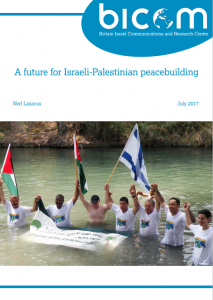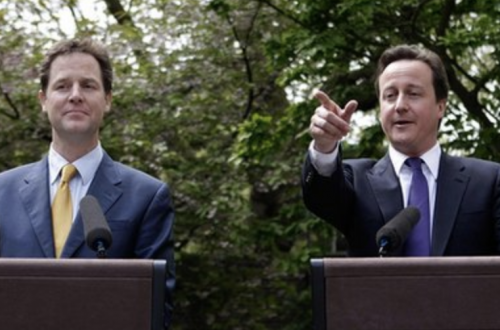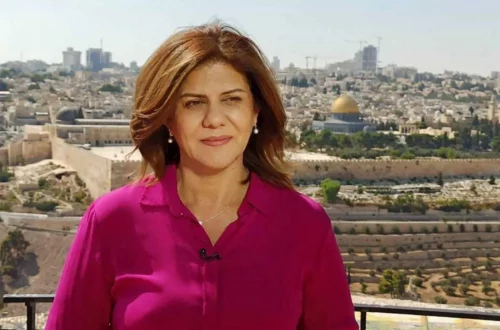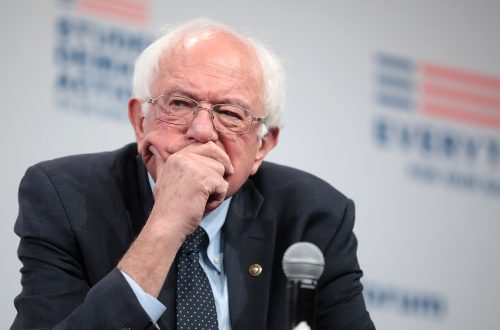BICOM and Fathom are launching a major new report today – “A Future for Israeli-Palestinian peacebuilding” by Ned Lazarus, preface by Jonathan Powell (download here). I’ve written this oped in Prospect about why we commissioned the report and what it tells us.
*
The old paradigm of peacemaking between Israelis and Palestinians is exhausted and a new one is needed. “Old peace” meant set-piece, time-limited, bilateral negotiations, mediated by the United States with the goal of reaching a permanent agreement based on separation between Israel and the Palestinians. Three efforts have ended in failure: Camp David-Taba in 2000-1, Annapolis in 2007 and the Kerry Talks of 2014. “One more heave” is unlikely to work.
“New peace” also means direct negotiations and a final status agreement, of course. But there is an emerging consensus about two things. First, that future success will depend on creating something that has been lacking so far: a supportive environment in which bilateral negotiations move from a framework agreement through incremental implementation to successful final status talks. Second, this means new approaches and securing the participation of new actors: a regional framework that draws in the Arab states, and grassroots social movements that animate both peoples.
Last year, I helped organise a series of unofficial discussions between Israelis and Palestinians and heard the same message from both grizzled negotiators and younger activists: civil society has a key role to play and it has been neglected, patronised, and even demonised. Today, it is too often the spoilers rather than the peacemakers that receive the élan, the budgets and the backing of global civil society. Yet social movements promoting mutual recognition, compromise and a political solution may now be essential for leaders to be able to articulate a shared language of peace in public—and if the excruciating compromises required by any final-status deal are to be eventually made.
The participants knew that public opinion on both sides is now deeply distrustful of the other and desperately pessimistic about the future. And worse, the young are more distrustful and pessimistic than the old. Two typically anguished questions were “The Palestinian street will dictate what will happen. How do we bring a different message to the people?” and “Israelis are not tackling public opinion. Where are we going wrong?”
A new report commissioned for BICOM and written by Ned Lazarus, “A Future for Israeli-Palestinian peacebuilding,” will help them and us to find answers. azarus is both a hands-on peacebuilder with a long history of field-work and an academic expert on conflict-resolution. The report is… READ MORE AT PROSPECT



